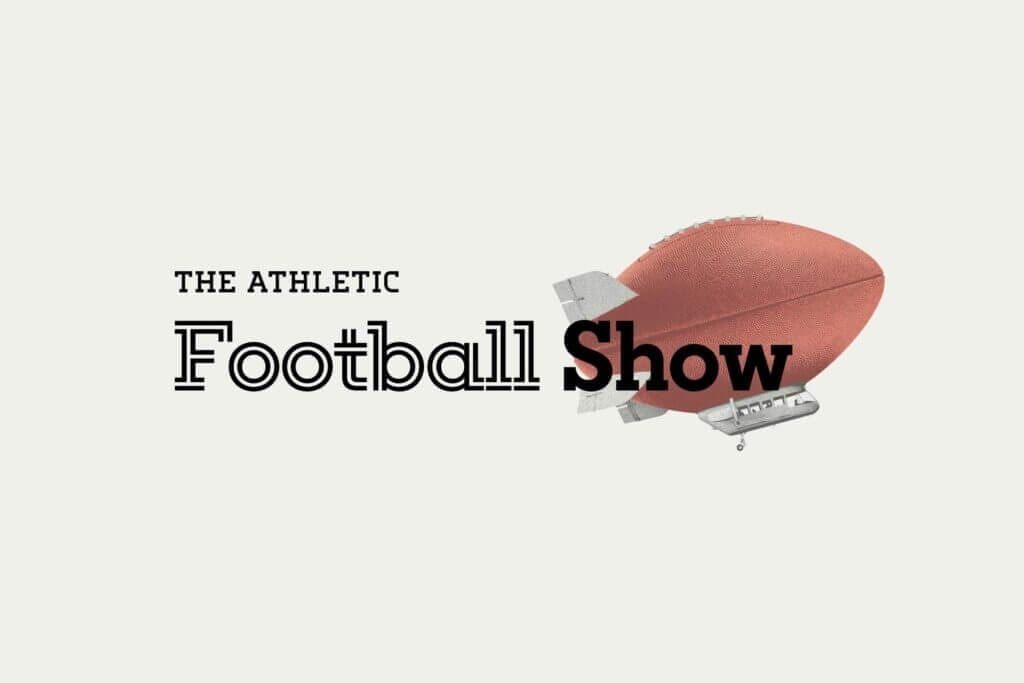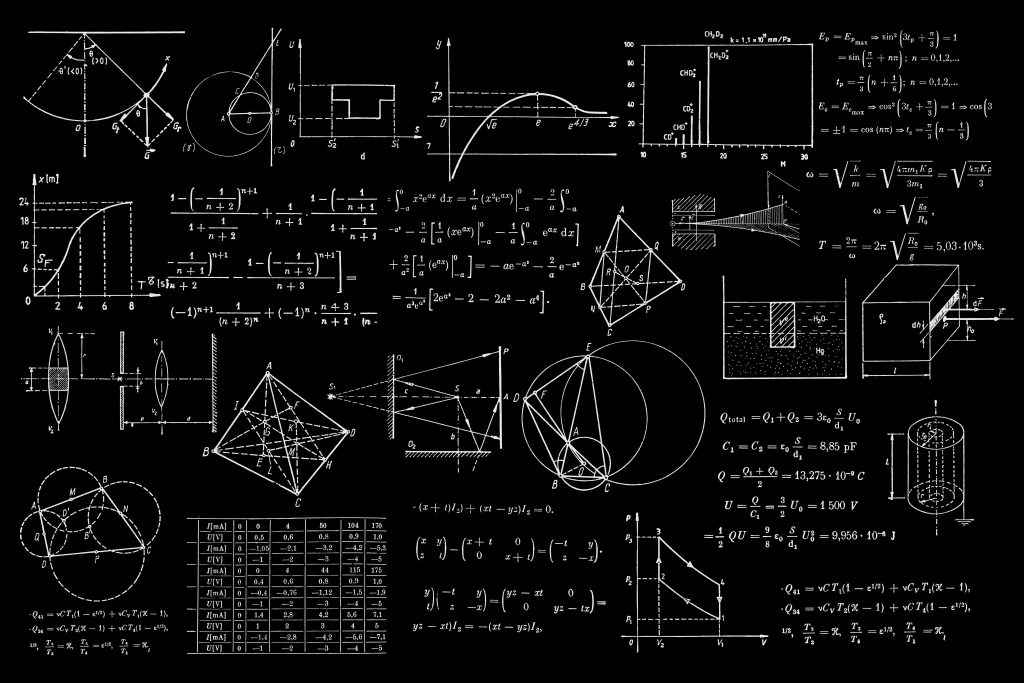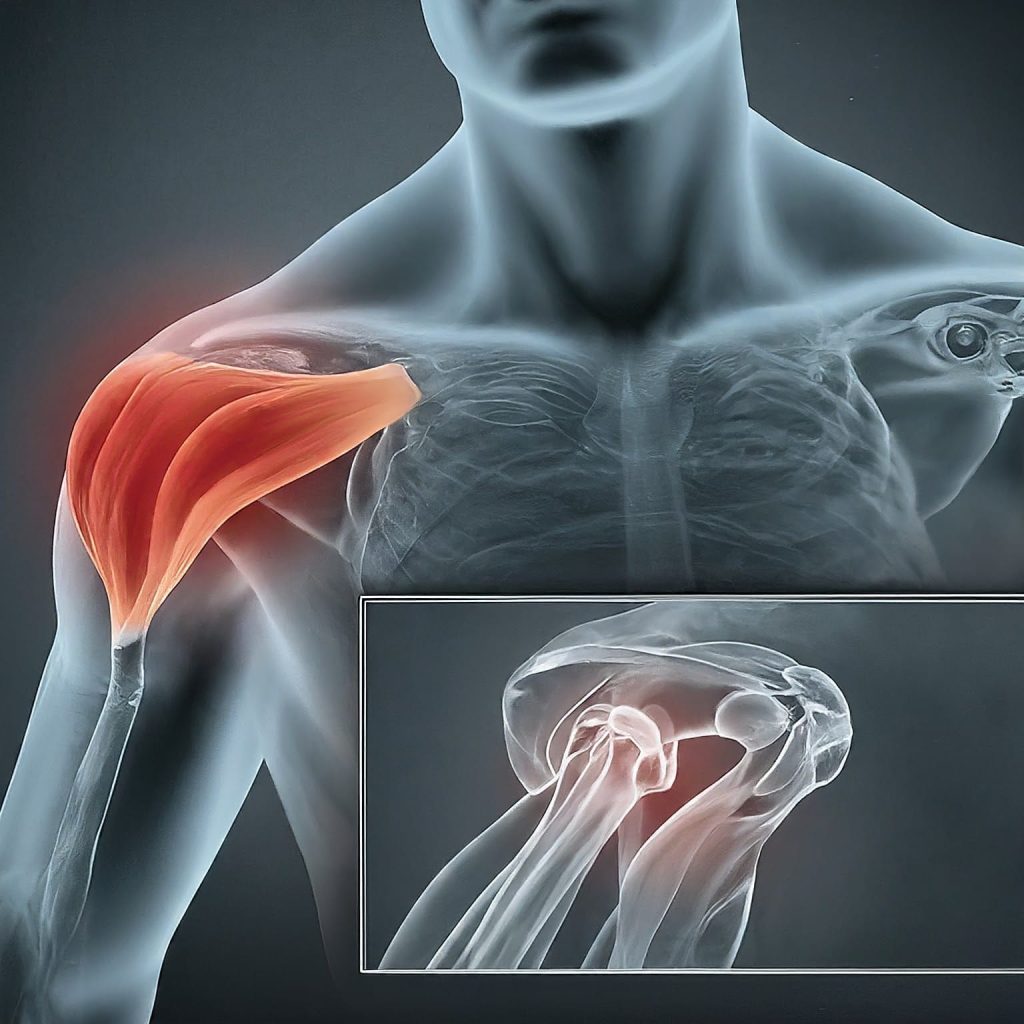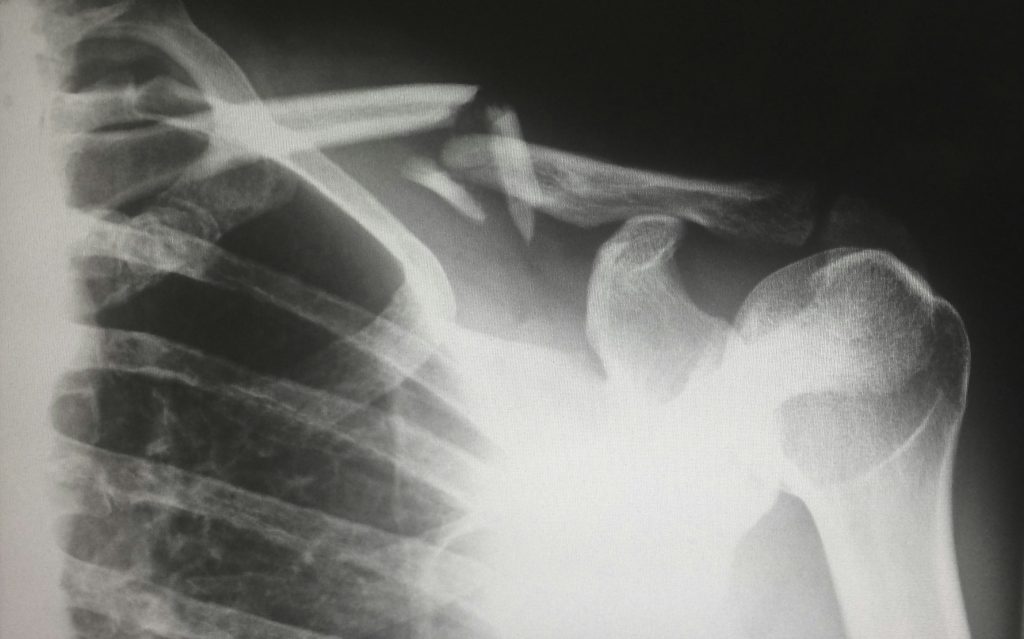
Podcast reposted from The Athletic Football Show ft. Dr. Tom Gormely, PT, DPT, OCS, CSCS
This podcast episode with Co-Founder Dr. Tom Gormely, PT, DPT, OCS, CSCS details the integrative approach to improving QB skillset within a synergistic team environment. He, as well as Will Hewlett (QB Coach), explain their development and assessment process for their QBs when in Florida.
Below are some definitions and concepts that can be referred back to for better understanding of the points made in this podcast.
Non-linear pedagogy is an approach to skill learning and teaching that emphasizes the interaction between the learner, the task, and the environment. It is based on the idea that skill acquisition is a dynamic and complex process influenced by various factors, and it seeks to create optimal learning environments that facilitate self-organization and skill development.
In traditional linear pedagogy, skills are often taught in a step-by-step, sequential manner, with a focus on breaking down complex movements into simpler components. While this approach can be effective in some contexts, non-linear pedagogy takes a different perspective. It acknowledges that skills are rarely executed in a linear, rigid fashion in real-world situations, where the environment is constantly changing, and the learner must adapt their actions accordingly. When it comes to the development of dynamic throwing patterns, accuracy in multiple bases, and reactivity taking a constraint led non-linear approach can enhance dynamic recall of skills.
Key principles of non-linear pedagogy in relation to skill learning include:
- Ecological Dynamics: Non-linear pedagogy is rooted in ecological dynamics, which emphasizes the relationship between the learner and their environment. It recognizes that learning is not just about acquiring internalized knowledge but also about developing reactivity to the surrounding context. In skill learning, this means that the learner is encouraged to interact with the environment to self discover effective movement solutions rather than relying solely on explicit instruction. The coaches job is to create contextual constraints that the athlete must solve uniquely.
- Self-Organization: Instead of instructing learners on specific movement patterns, non-linear pedagogy encourages self-organization. Learners are encouraged to explore and experiment with movements to find the most effective and efficient solutions for a given task. This self-discovery process allows learners to develop a deeper understanding of the underlying principles of the skill and adapt their movements to different situations.
- Constraints-Led Approach: Non-linear pedagogy utilizes constraints-led approaches, where different constraints (such as the task, environment, or learner’s body) are manipulated to shape the learning experience. By adjusting these constraints (coach led), the learner is encouraged to explore various movement possibilities, leading to a more adaptable and versatile skill set.
- Exploration and Creativity: The goal of this style is to foster creativity and innovation in skill learning. Learners are encouraged to be curious and imaginative, exploring different movement patterns and experimenting with variations. This approach allows for the emergence of novel solutions and unique movement styles that suit each individual’s capabilities. There are certain efficiencies in patterns but each athlete must come to the understanding of their own unique movement plan.
- Transfer of Learning: The focus on learning within context and variability in non-linear pedagogy enhances the transfer of learning to real-world situations. Learners develop a deeper understanding of the fundamental principles underlying the skill, allowing them to apply their knowledge and adapt their movements effectively in different environments and tasks.
Creating specific adaptive approaches to skill development that are more flexible, agile, and contextually relevant to skill learning is the goal to coaching that sticks. By promoting self-organization, creativity, and exploration within a dynamic environment, learners can develop a more comprehensive and robust skill repertoire that is applicable to various real-world scenarios.




